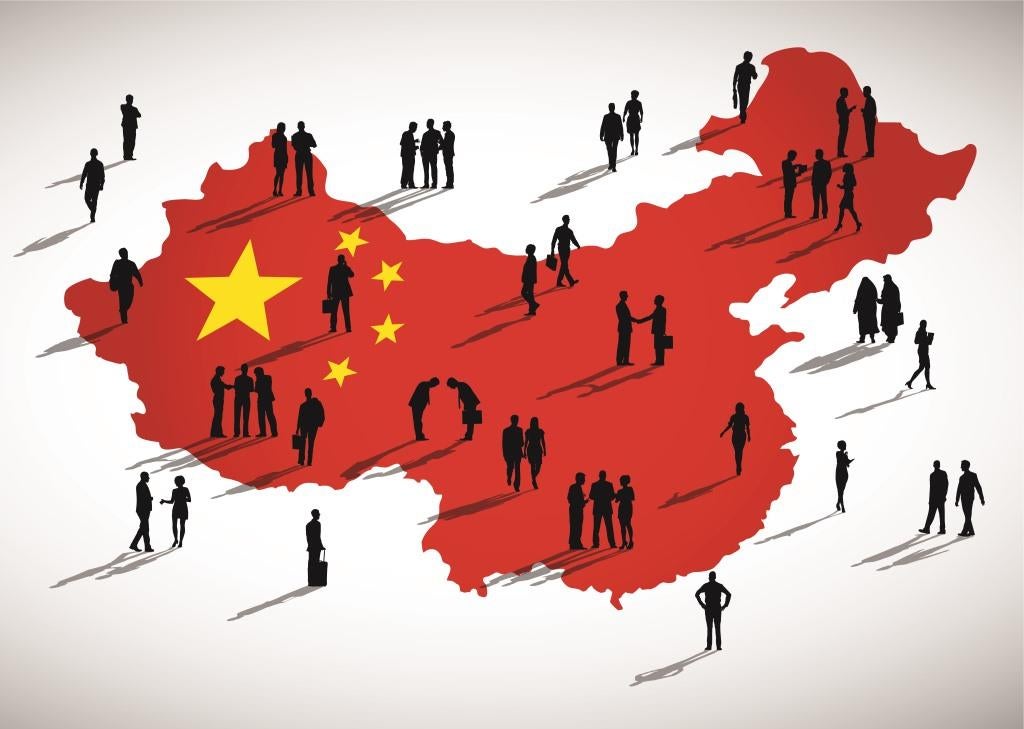
On April 3, the U.S. Trade Representative’s (USTR) office announced its intention to add a 25 percent tariff on around $50B worth of Chinese imports across 1,300 categories of products. This would target many of the key products used by drug makers, considering that a colossal proportion of their active pharmaceutical ingredients (APIs) come directly from China. China retaliated by slapping a 25 percent duty on 106 U.S. goods; however, as of now, no extra tariffs on U.S. drugs have been implemented.
The Chinese government announced the same day that it would offer a preferential tax rate of 15 percent to generic drug makers in the hope to help reduce medical bills for patients and cultivate innovation. Based on China’s retaliation, President Trump escalated the situation on April 5, by instructing the USTR to consider adding an additional $100B worth of tariffs on Chinese imports. How will the chain reaction of new policies impact the biopharmaceutical industry in the U.S. and China across the entirety of the value chain, and what could the outcome be for the industry and patients?

Discover B2B Marketing That Performs
Combine business intelligence and editorial excellence to reach engaged professionals across 36 leading media platforms.
Proposed Tariffs Could Increase Manufacturing Costs
The Trump administration has continuously mentioned reducing drug prices in order to drive patient costs down, but the proposed tariff is expected to do just the opposite. The U.S. government will place a 25 percent tariff on raw drug ingredients, insulin, epinephrine, and vaccines (outlined in detail in the list released from the USTR). The FDA has estimated that approximately 80 percent of the APIs required to formulate drugs come from India and China. This could be particularly concerning for U.S. generics drug makers and potentially even companies that produce biosimilars, considering that the proposed tariff could cause increased manufacturing costs and result in higher prescription drug costs for patients across the U.S.
Therefore, generic drug developers such as Novartis’ Sandoz, Pfizer, Teva, and Mylan may feel the effects of these tariffs. Longer term, if the trade war escalates, it may lead to reduced trade with China. U.S. biopharmaceutical companies may opt for procuring APIs from other countries such as India. US generics companies notably, and potentially biosimilar manufacturers, have continuously focused on streamlining operations and may have their profits drastically cut in a scenario where prices are capped. This may result in less investment going into R&D, which could potentially harm U.S. innovation in the longer term.
China Holds the Upper Hand
On the other side of the situation, China has decided as of now not to add such tariffs for U.S. drugs being imported into China, which is believed to be a fairly astute move as it would help to safeguard public health and prevent costs rising for patients. In addition to this, China has decided to set the corporation tax rate at 15 percent, which would benefit generics companies and assist in reducing costs for patients. The State Council announced that it would create new incentives to promote the production of generic drugs and stimulate more innovation within the industry.
Overall, it appears that China is in a much better position from a negotiation standpoint, as the Chinese biopharma industry does not seem to be threatened by this move. On the other side, U.S. drug developers may be in a tentative situation where U.S. generic and biosimilar companies could be affected longer term by the proposed trade tariffs. As of now, no date has been announced for the tariffs to be implemented; however, the uncertainty of these new proposed tariffs may diffuse through the entire value chain of the biopharma industry and negatively affect U.S. patients, payers, and generics and biosimilar drug makers in the years to come.

US Tariffs are shifting - will you react or anticipate?
Don’t let policy changes catch you off guard. Stay proactive with real-time data and expert analysis.
By GlobalData
PHOTO CREDIT: Nicolas Redmond





